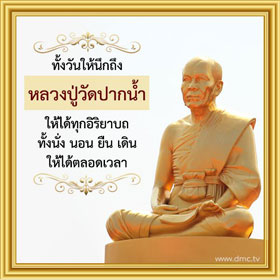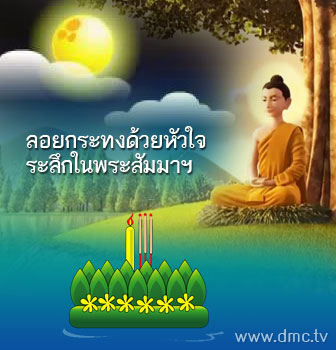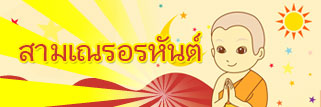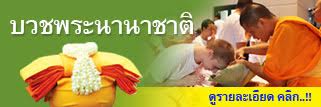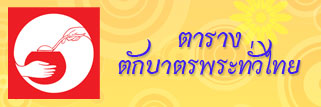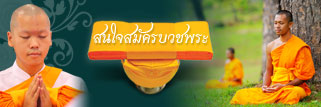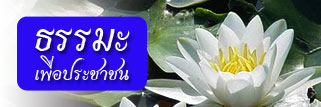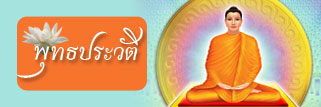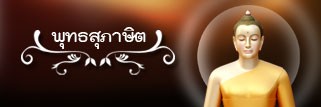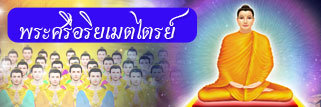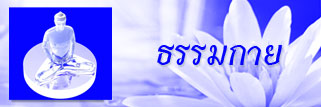MeditationMeditation for PeaceAbstaining from Unwholesomeness # 1Killing or torturing people and animals“Before we dress up beautifully, we need to shower off all the dirt. So as before we purify the mind for a higher virtue, we need to abstain from all kinds of unwholesomeness.”What is Unwholesomeness?This refers to the malfunctioning of all types of objects. For example, a rundown house, a broken-down car, or rotten food. The words rotten, out of order, broken, perished, decayed, mould, are refer to malfunction, They represent the unpleasant quality of the object.Malfunctioning of the mind can be described in many aspects. Such as sad, irrational, cruel, mean, depress, etc. These words indicate the malfunction of the mind in its many aspects. Anything that causes unpleasant qualities of mind is “unwholesomeness”. The “unwholesomeness” refers to anything that detracts from the good qualities of the mind, regardless of the angle it is looked upon from.Stealing, robbing, fraud, corruptionOrigin of the UnwholesomenessDue to the adeptness of Lord Buddha’s meditation practice and enlightenment that allowed Him to see through and correctly understand the nature of defilement as being the origin of all unwholesomeness. Lord Buddha discovered how to completely rid one’s self of all the defilements. The Lord of Buddha clearly summarized the origin of unwholesome as follow:“No unwholesomeness accrues to those who do no unwholesome deeds.”“Unwholesomeness accrues to those who do unwholesomeness deeds.”“Those who do no unwholesome deeds remain pure.”These proverbs from the Buddha are the evidence of the enlightenment of the Lord of Buddha that sin is personal and not transferable. The person who commits the unwholesome deeds will subject them self to that unwholesome consequence. The person who does not commit sin will not be subjected to sin as a whole. When the father eats, the father will then be full. But, if his child does not eat it will be left hungry. Likewise, the child who eats will be full; the father who does not eat will be hungry. It is impossible that while a father who finished a meal at home his child who is on the top of the mountain will also be satisfied. This is because it is a personal course of action. The is because it is a personal course of action. The person who does the unwholesome deeds shall be subjected to that unwholesome consequence.Therefore in the perspective of Buddhism. Sin belongs to the person who commits it. The sin will stay in the mind of the person who commits it. The mind will be deteriated away from pureness and quality, which will lead to suffering. Others are not necessarily subject to sin they did not commit.Adultery or sexual intercourse outside marriagePurifying one self from unwholesomeness.The perspective of the origin of unwholesomeness is different from religion to religion. Buddhism bases its view causes of actions in order to reduce the effects of unwholesomeness.The Lord Buddha said that- “Purity or Impurity is individual.”- “No one can rescue others from sin or purify others completely.”These proverbs of the Lord Buddha give the perspective that the sin commit by a person cannot be rescued by another person.Buddhism has a rational strategy for correcting all the unwholesome deeds one has unintentionally commits in the past:Assume that we have one spoon of salt poured that is into a goals of water. Upon stirring, when we taste it, it will be “salty”. If we pour this glass of salty water into a bucket and fill up it with water, when we taste it , it will be “less salty.” If we pour this bucket of “less salty” water in to a big tank, when we taste it, it will be “absolutely tasteless.”“Does the salt disappear?” No, the same original amount of salt is still in that big tank of water.” “Why is the water not salty?” “Because there is a greater amount of water that completely dilutes the taste of the salt. So we can not feel the salty taste on our tongue anymore. The salt still exists but its effect is lesser or diluted.”This same principle applies in Buddhism. The only way to reduce the effect of unwholesomeness is to abstain from doing unwholesome deeds and do as many good deeds as you can. Thereby dilution the relative amount of unwholesomeness in your karmic history. Doing good deeds is like adding the pure water. Doing unwholesome deeds is like adding the salt into the tank. Unwholesomeness which we have accrued for ourselves will stay with us until it gives its retribution. No one can rescue the effect of the unwholesomeness you have accrued. The only way to reduce the unwholesomeness effects is to do as many wholesome deeds in order to dilute or to eliminate the effect of the unwholesomeness to give it retribution.Instigate, gossiping, slanderDefinition of Abstaining from unwholesomenessThis means giving up and avoiding all unwholesome actions of body, speech, and mind that could reduce the quality of the mind.Tenfold Path of unwholesomeness1. Killing or torturing people and animals2. Stealing, robbing, fraud, corruption3. Adultery or sexual intercourse outside marriage4. Lying, exaggeration, false witness.5. Instigate, gossiping, slander6. Harsh speech, sarcasm, cursing7. Idle chatter, criticism8. Greed in taking the possessions of others9. Vengefulness, malicionusness, vindictiveness, revenge10. Wrong view; such as not believing in the existence and fruit of good and bad deeds, ungratefulness towards parents, not believing in life after death, not believing in the Law of Karma.The Lord of Buddha stated: “Mind is the principle for all accomplishments.Strategies for AbstinenceHumans consist of body and mind. The mind controls what the body does and does not do. The Lord of Buddha stated:“Mind is the principle for all accomplishments. If a person has an unwholesome mind that person will also have unwholesome speech and action. Those unwholesome deeds will stay with that person and give retribution just like the cartwheel that crumbles up the foot print of the cow in front of it pulling the cart.A person with a purified mind will have wholesome action and speech. The happiness that follows that person is like a shadow that never separates from the body.”Therefore, anyone who is seeking for happiness and prosperity must train the mind to abstain from unwholesomeness by cultivation of two additional virtues. Namely, be ashamed of unwholesomeness (Hiri) and fear of the consequences of unwholesomeness (Otappa).

http://goo.gl/8hF3P







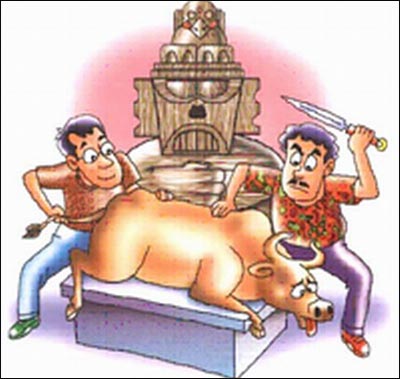
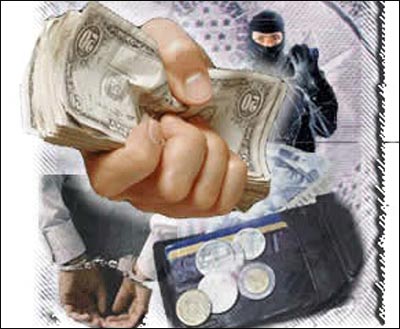



 พิมพ์บทความนี้
พิมพ์บทความนี้
